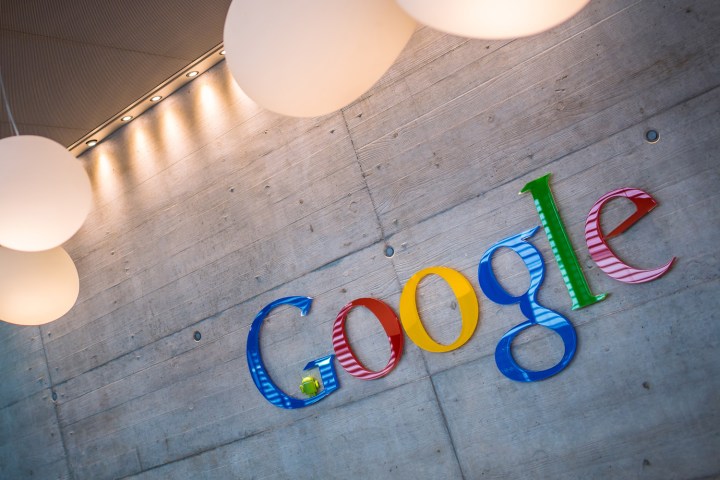
More and more countries are stepping up against corporations that avoid paying the full amount of taxes they owe. Earlier this year, Google’s Paris headquarters was raided by French authorities, seeking up to $1.76 billion in back taxes; and in August, Apple was struck by an order from the European Commission to pay Ireland back $14.5 billion. More recently, Apple paid $118 million in back taxes to Japan for under-reporting its income.
Various legal loopholes allow companies to say they are working in accordance with a country’s laws, but the reality is that a great number of countries do not get the legally required taxes from the revenue gained on sales made within their borders.
Indonesia’s tax investigators visited Google’s local office in the country Monday. The country’s tax office says Google Indonesia paid less than “0.1 percent of the total income and value-added taxes it owed last year,” according to Reuters.
If a related judgment is entered against Google, the search giant may have to cough up fines four times of what it owed for 2015 alone, which would amount to $418 million. It’s unclear what the total five-year fine would be.
Revenue made in that area of the world is recorded at Google’s Asia Pacific headquarters in Singapore, according to Reuters. The division declined to be audited in June, which led to Indonesia’s tax office turning the investigation into a criminal case.
Indonesia is not only targeting Google. The country is planning on going after any company that gains revenue by offering content via the internet.
Editors' Recommendations
- We may have just learned how Apple will compete with ChatGPT
- Apple may have already killed Android’s newest iMessage app, Beeper Mini
- Heads up — your Google account may get deleted next month
- I’ve used an iPhone for 14 years. The Pixel Fold made me want to stop
- I put the iPhone’s Dynamic Island on my Pixel 7 Pro — and I can’t go back
